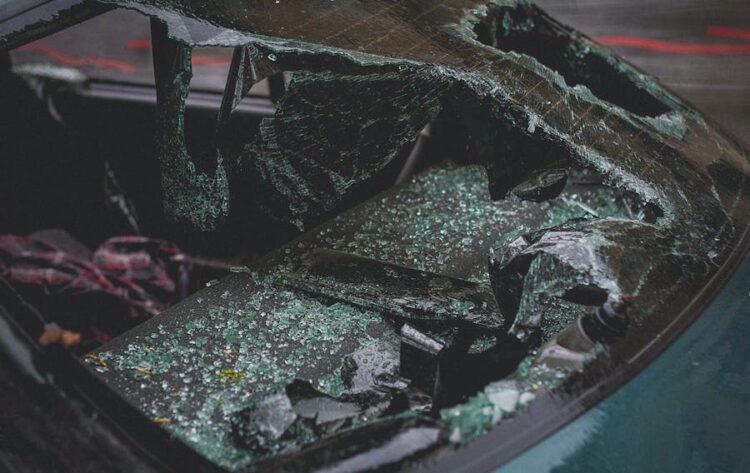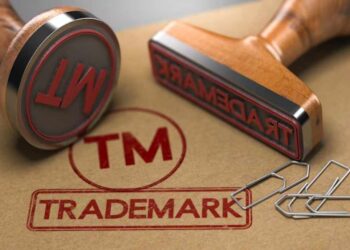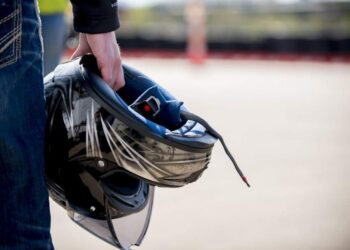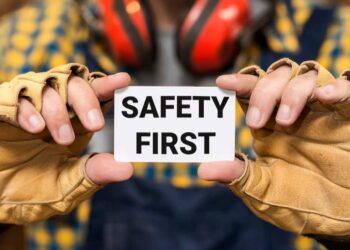Driving is often considered fun! Everyone loves being behind the wheel. But there are responsibilities and legal requirements.
One of the most important responsibilities of a person behind the wheel is to have a valid license.
Unfortunately, accidents can happen. You may find yourself in a situation where an unlicensed driver has an accident after taking your vehicle for a ride.
This situation raises many questions about liability, insurance coverage, and the potential legal implications. This article will cover everything you need to know about this. Read on.
Understanding the Risks of Driving Without a License
Several legal risks and problems arise when someone drives a car without a valid driver’s license. They include;
- Liability – As the vehicle owner, you may be liable for damages or injuries caused by an unlicensed driver.
Moreso, if you have underage children behind the wheel, it should be your responsibility that they do not drive without a license.
- Insurance Complications – Most insurance policies are designed to cover incidents involving licensed drivers.
Unlicensed drivers can complicate claims and lead to denial of coverage. As you already know, insurers always look for possible excuses for not paying you. And they have to take advantage of it.
- Legal implications – In more serious cases, accidents caused by unlicensed drivers can bring you criminal or misdemeanor charges. Especially if an unlicensed driver causes significant damage or injury.
What to Do Immediately After an Accident
If an unlicensed driver has an accident with your car, here is what to do:
- Ensure safety – The most important thing is to check whether those involved need medical assistance. If anyone is injured, call emergency services immediately.
- Gather information – Gather unlicensed motorists’ names, addresses, and contact information. Record the license plate number and vehicle details, and ask for witness information. Additionally, take photos of the accident scene.
- Notify authorities – Report the accident to local authorities. Police reports can be important to a compensation claim.
- Contact your insurance company – Report the incident to your insurance company immediately. They will guide you through the claims process.
- Avoid admitting fault – Do not accept responsibility for causing the accident. This can complicate the situation and negatively affect your case and claim.
- Consult legal counsel – If you are unsure about your rights or about the next steps, seek the advice of an attorney who specializes in car accidents and can provide clarity.
Pursuing a Lawsuit
If you were involved in a car accident, you could file a suit against an unlicensed driver in court.
However, as the plaintiff, you bear the burden of proof of the allegation that the motorist introduced negligence that facilitated the accident.
Driving without a license in Orlando is not permitted. This does not mean that the defendant is negligent in some way.
If you are in Orlando, and think you may have a case against an unlicensed motorist, an auto accident attorney in Orlando would help you decide if it’s worth pursuing.
No case is the same, which is why each case must be viewed independently for the best and most accurate evaluation.
Understanding What Constitutes a Driver’s License
According to Florida Statutes Section 322.01(17), a valid driver’s license is a legal certificate necessary for a person to drive, along with other legal requirements.
In addition to the above, this convention is consistent with 49 U.S.C. 30301. Where an “operator’s license” is described as a transport authority given by an applicable jurisdiction permitting the use of a vehicle on a road or highway as defined above.
Driver License Exemptions
According to Section 322.04 of the Florida Statutes, certain individuals are not required to obtain a driver’s license as defined by law. These exemptions include:
- Non-residents aged 16 years or older with valid non-professional driver’s licenses from their home country or country. who operate vehicles that require a Class E license
- Golf cart operators as required and permitted by law.
- Non-residents 18 or older who drive a non-commercial vehicle and hold a valid non-commercial license from their home country or country.
- Tractor driver road machinery and agricultural equipment
Key Elements to Prove Negligence
These elements form the basis for a negligence case. The plaintiff’s claim cannot be sustained in the case of reasonable dissatisfaction. To establish negligence in a lawsuit, the following key elements must be proven:
- Duty to care – The plaintiff must owe the plaintiff legal responsibility. This means the accused is responsible for acting like a reasonable person would act under similar circumstances. For example, a driver must obey traffic laws to protect others.
- Damages – Plaintiffs must show that they suffered some actual damage, such as physical damage, emotional pain, or economic loss. If there is no proven damage, claims for negligence also cannot arise.
- Breach of Proceedings – The plaintiff must show that the plaintiff breached the duty of care by failing to act reasonably. This can occur through actions such as careless driving.
- Causation – It must be proven that the damage was caused directly by the accident. This shows a clear link between the actions of the defendants and the plaintiff’s damages.
Conclusion
Having an unlicensed driver involved in an accident with your car can lead to legal and financial problems.
Knowing who is at fault making an insurance claim, and dealing with insurance companies require all parties to know their rights and obligations.
Being aware of the penalties for permitting people to drive without a license helps one take measures to avoid that practice in the future.
The best step remains prevention: ensuring anyone behind your vehicle’s wheel is properly licensed to drive.










